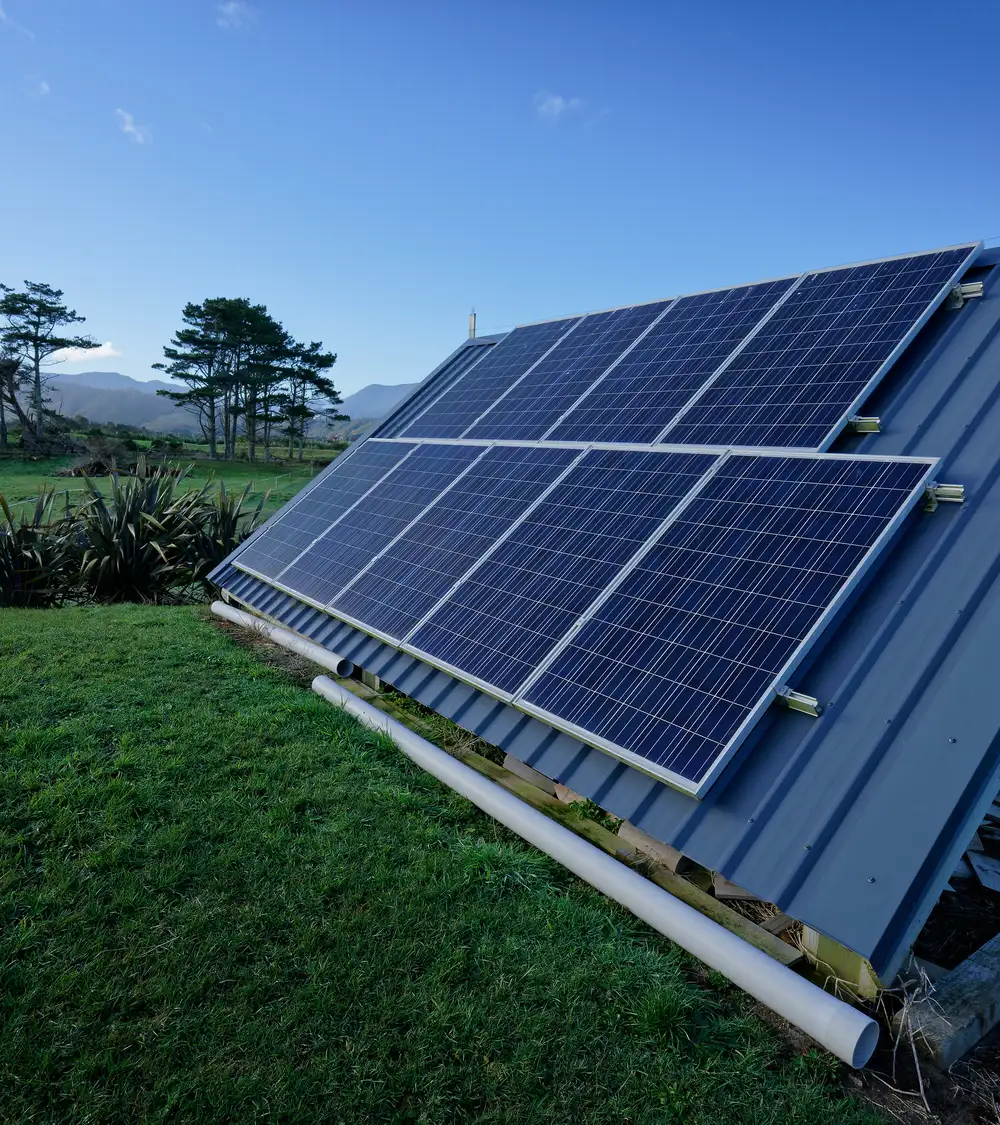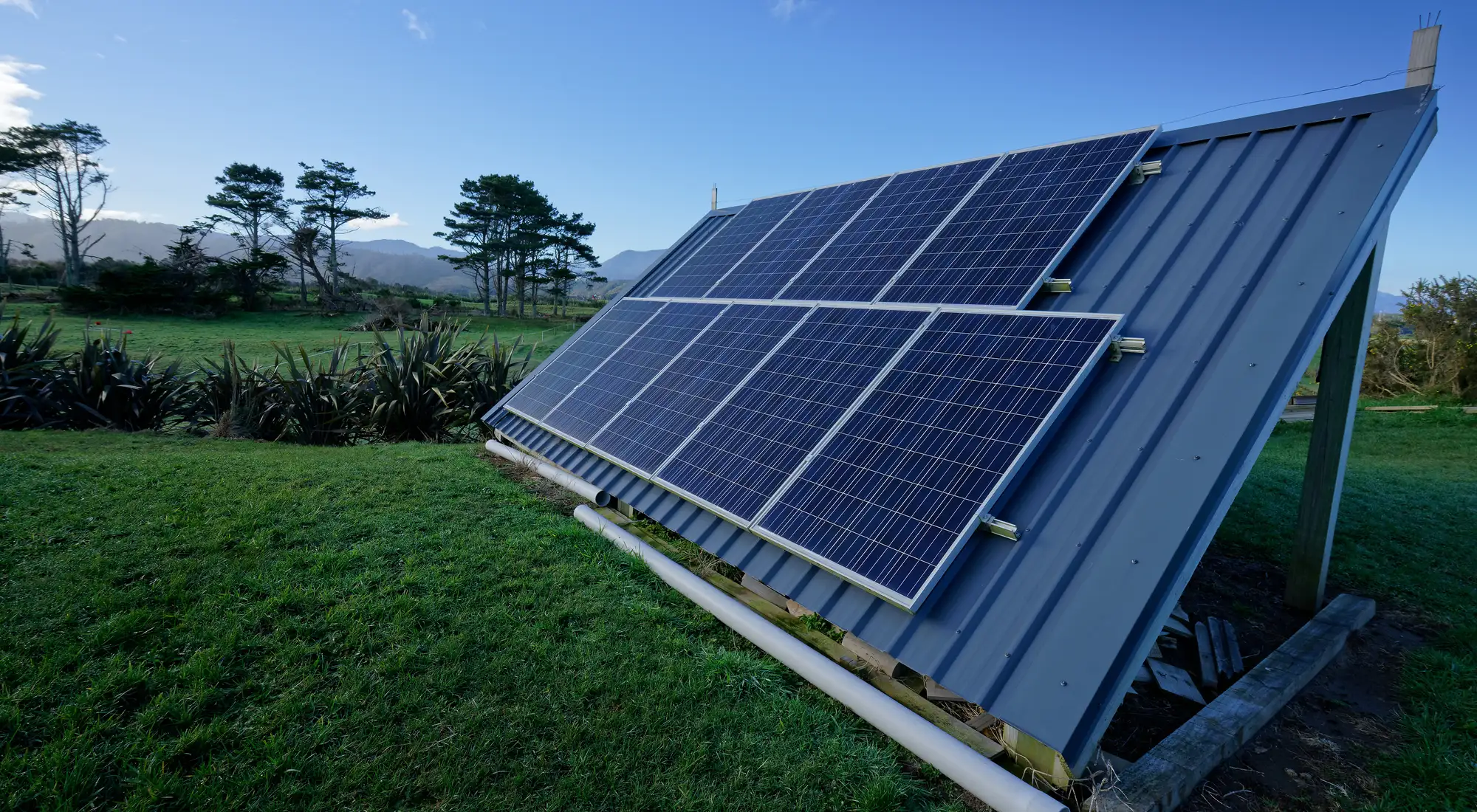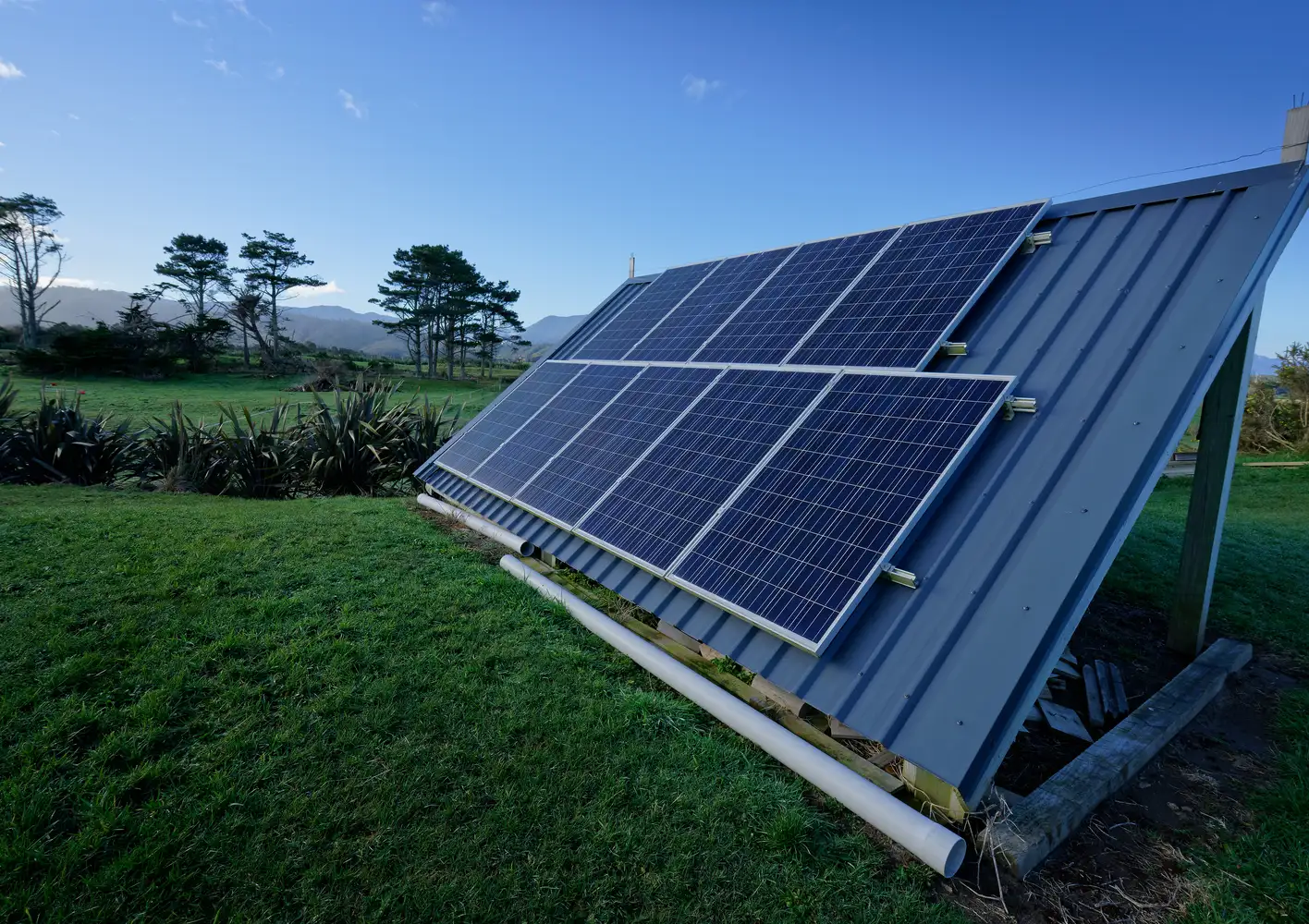Energy crisis: councils must look locally for solutions



22 November 2024
With New Zealand in the midst of an electricity supply crisis, councils are taking up the challenge to start looking at locally led solutions to future-proof their communities.
This was the leading topic at LGNZ’s Rural and Provincial Sector meeting, with over 45 Mayors and CEs from Rural & Provincial councils in Wellington today.
The event saw John Duffy, CEO of Consumer NZ and John Kidd from Enerlytica lead a panel discussion on the challenges facing our communities due to the energy crisis, and role of councils in helping to mitigate this issue.
LGNZ Rural Chair, Mayor Alex Walker says that the current energy crisis is high on the agenda of list of challenges facing rural and provincial communities.
“While households have so far been sheltered from the true impact of power price increases, small communities are feeling it in other ways. A prime example is the Ruapehu timber and pulp mills closing in September due to the high cost of power; that resulted in 200 job losses which was a massive blow to the community.
“New Zealand’s electricity prices, which were the highest in the developed world earlier this year, meant that businesses set up in the 1980’s – when power was cheap – were all now facing the same problem.
“Compounding the issue is the increased pressure on electricity infrastructure because of our growing population, an increase in extreme weather, and greater reliance on electricity as a fuel for things like transport and industrial processes.
“Councils are also worried that the current energy woes and rising cost of energy will become an insurance issue in the near future, which will impact on council operating costs. This is a concern, and we need to work together to address the issue.”
Enerlytica’s John Kidd says it is important for councils to think about different ways to tackle the issue.
“The ideas of decentralisation and partnerships are some of the ways forward.
“Things like solar farms and more Photovoltaic (PV) on rooftops should be encouraged by local leaders. Councils are big users of energy, so there’s also an opportunity for partnerships between local government and energy suppliers to work together on reducing the overall end user costs.
“We’ve seen private sector partnerships achieve this, shopping centres and airport operators partnering with solar panel providers – using rooftops and land parcels to deliver energy into the site,” says Kidd.
Mayor Alex Walker says central government holds a lot of the levers, but it is also clear that councils can play in a leadership role in planning for the future.
“There is clearly a need for more decentralisation and building rural community resilience; having good energy production at a community level rather than relying on the national grid all the time.
“Following this conversation we’ll need to work with each other as councils, the private sector and the Government to come up with a national plan of action. We’re up for the challenge, as doing nothing is certainly not an option.”